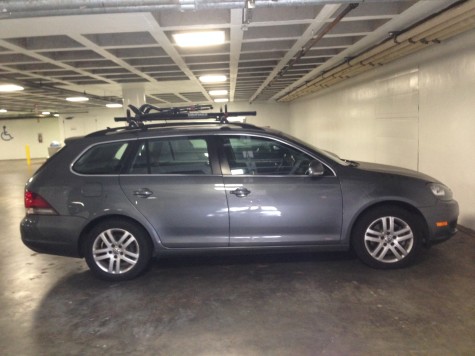
Volkswagen recalled 500,000 of their vehicles after the company intentionally cheated during pollution tests, resulting in cars that emitted 40 times the legal amount of nitrogen oxide.
CEO Martin Winterkorn stepped down after the event. Winterkorn said, “Above all, I am stunned that misconduct on such a scale was possible in the Volkswagen Group.”
Now referred to as the “diesel dupe,” the scandal may cost Volkswagen upwards of $18 billion, and the company has already set aside $7.12 billion to cover possible costs. This is just for the crime itself, and legal action by Volkswagen owners and share holders may follow. The cost has mounted as $29 billion was wiped from their stock market value, a major blow to the company.
This issue stems from a device placed in the diesel vehicles known as a “defeat device.” When a car is put under a pollution test it is suspended, allowing the device to easily detect when the vehicle is in this state and putting it in a form of safety mode.
The CEO has denied accountability, telling CNBC that he accepts the “responsibility for the irregularities that have been found in diesel engines and have therefore requested the Supervisory Board to agree on terminating my function as CEO of the Volkswagen Group.” His involvement is under further investigation.
The issue came to Carlmont teacher Erik Migdail’s front door, as his wife’s diesel car is in the process of being recalled. Denise Migdail called in to Volkswagen in Serramonte when the story broke, and was told that there was actually no recall and that “maybe the last time you had come in the required service had taken place.” The car is currently being processed for recall, and in the meantime Denise Migdail is using a a car with potentially 40 times the legal limit on pollution.
The scandal also effects the diesel market as a whole, a market that has been on the decline for years. Car companies have poured millions of dollars into diesel vehicles, claiming they are better for the environment. The latest research has shown otherwise, and many cities have moved to restrict diesel vehicles.
According to CNBC, automotive expert Richard Gane said, “In the US, the diesel car market currently represents around 1 percent of all new car sales and this is unlikely to increase in the short to medium term.”
What this says for a company as large as Volkswagen remains to be seen, but a blow this large will surely leave a mark.
